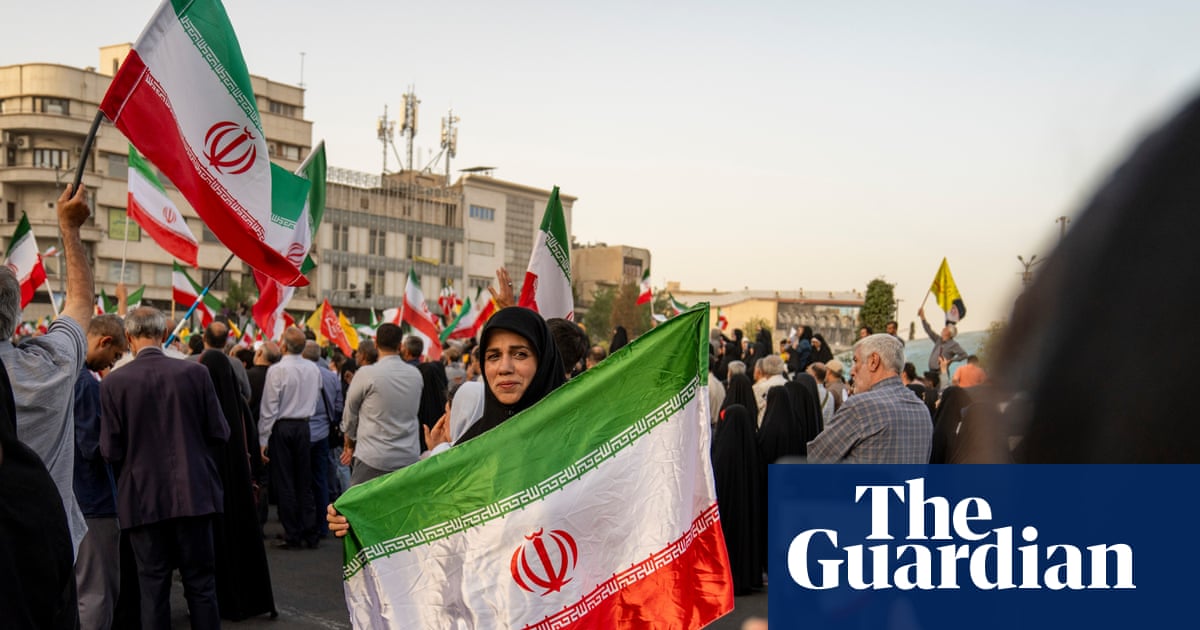
"Amid the ruins of the building that was once the Tehran home of the Iranian nuclear scientist Ahmadreza Zolfaghari, workmen are underway demolishing the remains, damaged beyond repair by Israel's surprise attempt to assassinate Iran's political, military and nuclear elite. Zolfaghari had worked at the Faculty of Nuclear Engineering at Shahid Beheshti University, and was editor-in-chief of a nuclear energy journal, all of which was sufficient to make him an Israeli target."
"He was found dead in the rubble of his home, along with his wife and grownup son. The three adjoining buildings had also been blown apart, killing at least five others, including an 11-year-old child. A blue banner, draped down one of the damaged buildings, reads: A piece of the body of Iran. The group of workmen wielding sledgehammers are clambering across the remaining unstable floor struts to demolish what remains of the building."
"Their perilous task the beams on which they stand creak as they hammer seems a metaphor for a country still in shock, neither at peace nor at war, but in need of reconstruction. More than 1,000 Iranians died in the Israeli attack, and some professional sociologists a broad term in Iran argue a new nationalism has emerged into public view."
Workmen are demolishing the ruined Tehran home of nuclear scientist Ahmadreza Zolfaghari, whose death, along with his wife and adult son, followed an Israeli surprise assassination attempt targeting Iran's political, military and nuclear elite. Three adjoining buildings were blown apart, killing at least five others including an 11-year-old child, while loose masonry and unstable beams make demolition perilous. A banner on a damaged building reads "A piece of the body of Iran." More than 1,000 Iranians died in the Israeli attack, prompting some sociologists to identify an emergent public nationalism. Tehran's social fabric shows rapid change, with about a third of women not wearing the hijab, and the reformist president rejecting a punitive chastity law to avoid an uprising.
Read at www.theguardian.com
Unable to calculate read time
Collection
[
|
...
]